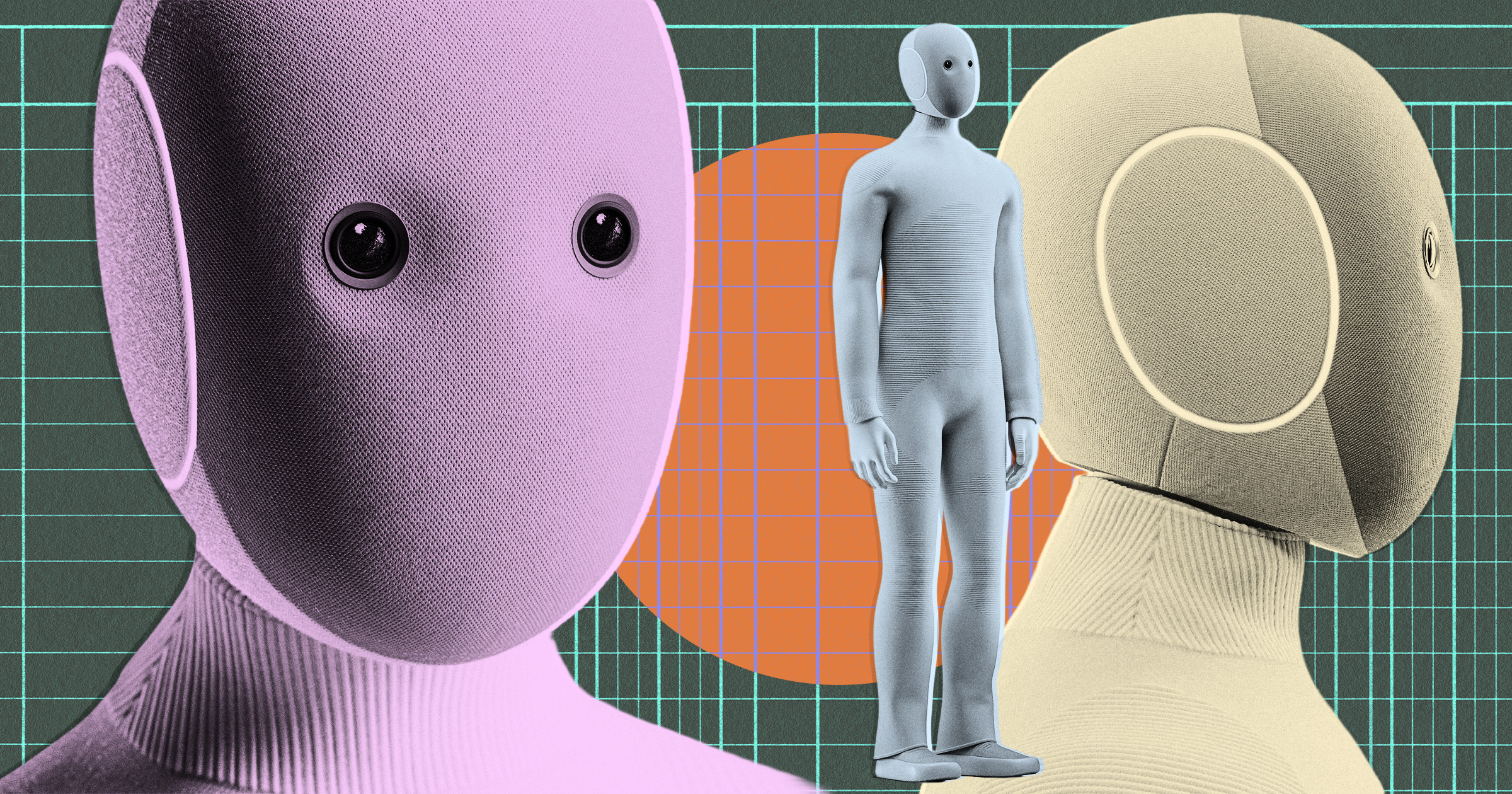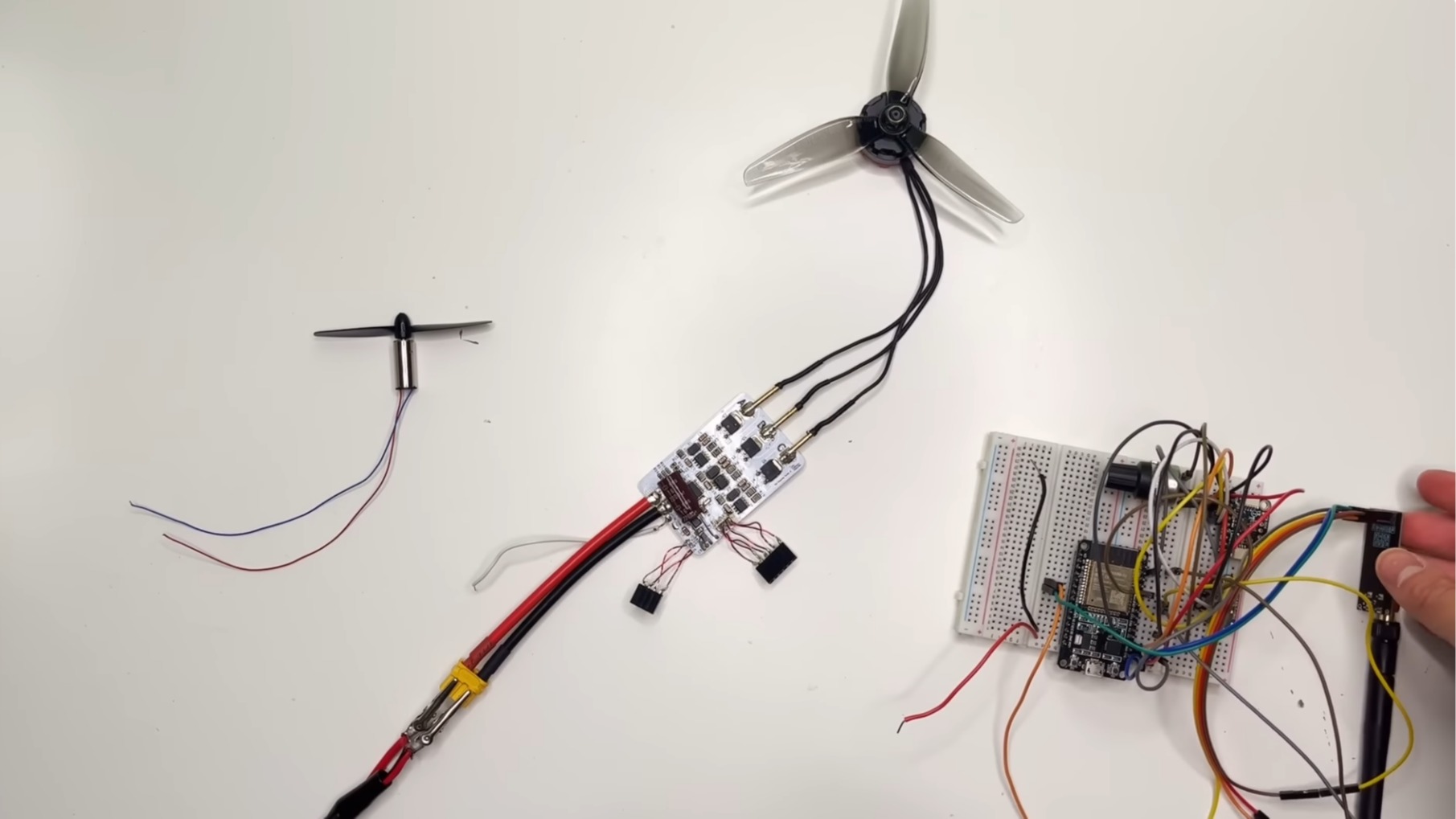The NEO robot, developed by the Palo Alto-based startup 1X, is set to enter the market in March 2026, but it comes with a significant limitation: it requires human oversight to operate. Priced at $20,000, this robot is designed to assist with household chores, yet its functionality hinges on remote workers managing its tasks.
Weighing 66 pounds and standing at five foot six, the NEO robot features a knitted covering and presents an inviting, albeit unusual, appearance with its two beady eyes. Interested consumers can secure a preorder for $200, followed by a subscription fee of $499 per month or a one-time payment for ownership.
Bernt Børnich, the founder and CEO of 1X, emphasizes that NEO is a departure from the typical “hard, dark, sci-fi future” associated with many robotics developments. Instead, he envisions a more approachable domestic assistant. However, as noted by Fast Company, the robot will not be autonomous; rather, it will rely on users to schedule tasks through a dedicated mobile app, which means that real human operators will be managing its functions remotely.
Børnich acknowledges the necessity of data collection for improving the robot’s performance. In an interview with the Wall Street Journal, he stated, “If we don’t have your data, we can’t make the product better.” This reliance on data means that while the NEO robot may one day learn to operate more independently, users will need to accept the presence of remote operators monitoring their homes.
The practicality of such a product raises questions about the true capabilities of humanoid robots. As technology and business journalist Michael Hiltzik points out, even the most advanced humanoid robots face challenges in executing simple tasks, such as navigating domestic environments or handling kitchenware safely.
At its core, the NEO robot exemplifies the current state of humanoid robotics, where innovation is often overshadowed by hype. Although industries such as industrial robotics are advancing rapidly, as evidenced by China’s growing influence, the market for consumer-oriented humanoid robots remains largely experimental.
For now, those seeking assistance with everyday chores may find that human help is still the most effective solution. As the NEO robot prepares for its debut, potential buyers should carefully consider the implications of integrating such technology into their homes.







